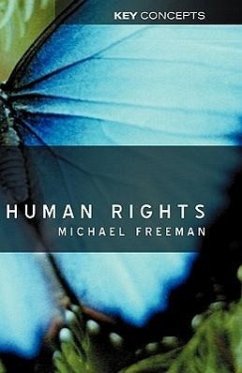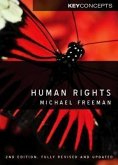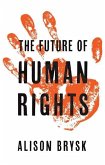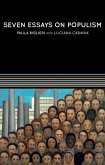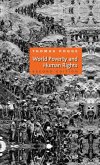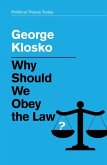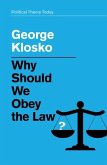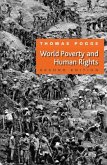Human Rights is an introductory text that is both innovative and challenging. It invites students to think conceptually about one of the most important and influential political concepts of our time. In this unique interdisciplinary approach, Michael Freeman emphasizes the complex ways in which the experiences of the victims of human rights violations are related to legal, philosophical and social-scientific approaches to human rights. By tracing the history of the concept, the book shows that there is a fundamental tension between the philosophy of human rights and the way in which it is understood in the social sciences. This analysis throws light on some of the most controversial issues in the field: Is the idea of the universality of human rights consistent with respect for cultural difference? Are there collective human rights? Should feminists embrace, revise or reject the idea of human rights? Does the idea of human rights distract our attention from the structural causes of oppression and exploitation? What are the underlying causes of human rights violations? And why do some countries have much worse human rights records than others? The book will appeal to students in the social sciences, as well as students of human rights law who want an introduction to the non-legal aspects of their subject. It will also be read by scholars interested in ethics and the social sciences, as well as the general reader.
Hinweis: Dieser Artikel kann nur an eine deutsche Lieferadresse ausgeliefert werden.
Hinweis: Dieser Artikel kann nur an eine deutsche Lieferadresse ausgeliefert werden.
'This is a terrific interdisciplinary introduction to human rights. Freeman discusses history, philosophy, theory, the UN human rights system and many of the real-life human rights challenges of the modern era, including culture, corporations and global poverty. I strongly recommend his lucid survey and lively analysis.'Paul Hunt, University of Essex'Serious students of international human rights continue to have a range of good sources to rely on, and Michael Freeman's fine text is certainly one of them.'David P. Forsythe, University of Nebraska

